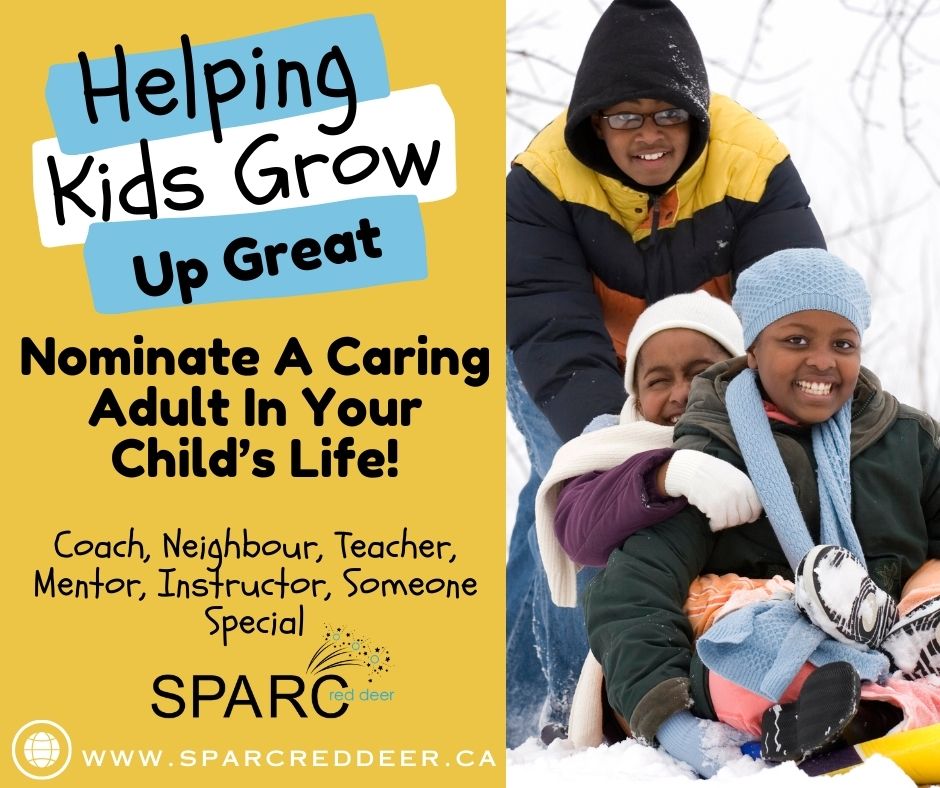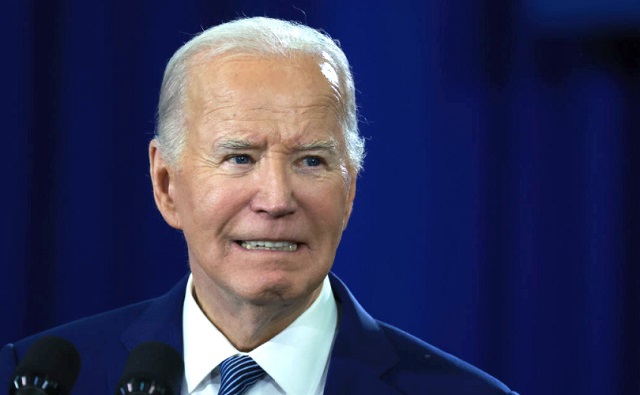Community
ReThink Red Deer Celebrates Tenth Anniversary

The Sustainable Red Deer Society (operating as ReThink Red Deer) is dedicated to enhancing the long term quality of life in Red Deer and surrounding area. In 2017, we celebrate our tenth anniversary of building sustainable community in Red Deer!
This group searches out and shares ideas that inspire citizens to make and create sustainable consumer choices – global in awareness, local in application. Members believe that we are citizens first and consumers second; that our world is finite and borrowed from future generations; that we can live sustainably and in harmony with nature; and that inspiration is a renewable resource.
Mission: We promote citizen-driven leadership by providing learning and practical opportunities for sustainable living in Red Deer and District.
Vision: We envision a community that is living sustainably.
For more information on sustainable community development visit The Natural Step Canada – http://www.naturalstep.ca/integrated-community-sustainability-planning
ReThink Red Deer is driven by the energy of its members and coordinates its action around four key principles:
1) Smart Urban Planning
2) Waste Minimization (aka Zero Waste)
3) Protecting and Enhancing Natural Assets
4) Reinvigorating the Democratic Process
We believe in starting where we can – with our own lives, and our own community – Red Deer.
ReThink Red Deer was founded in 2007. Today it functions as a non-profit society registered in Alberta (since 2010) and is governed by a volunteer board of directors. We are volunteer-driven and have no formal employees but do provide honorariums for Project Leads.
Our organization assembles around the practices of a “for-benefit” organization; integrating social and environmental aims with business approaches. ReThink Red Deer is applying a social enterprise model, selling soil amending products (premium worm castings, compost teas and extracts, and micronutrient-rich rock dust) as well as heirloom seeds, microgreens, and vegetables grown at local urban ‘homesteads’ and demonstration gardens that are sold at local markets through “The Root Cellar: ecoStore & Apothecary”. We aim to couple environmental responsibility and community service while using funds raised for projects that responsibly inform citizens and contribute to the common good.
We are proud to collaborate with the Red Deer College Green Campus initiative and meet regularly at the College for board meetings and our special events.
Our board of directors strives to broadly represent the community of Central Alberta and we are always looking for new directors to join the organization.
From 2007 to 2015, ReThink Red Deer focused on raising awareness of the importance of community sustainability. Founder Lorne Daniel presented on the history of ReThink Red Deer at the 2011 Pathways To Sustainability Conference we hosted at the Red Deer College. Watch the video of Lorne’s presentation here – https://www.youtube.com/watch?v=40vdZD3nKCQ
With the ongoing support of numerous volunteers, we have established four key projects that will be the focus for our strategic planning in the years ahead:
1) The EcoLiving Fair + Workshops and Garbage-Free February campaign
2) The Little Green Thumbs Program
3) The Piper Creek Restoration Agriculture Project
4) Garden City Market and The Root Cellar: ecoStore & Apothecary
Fall Harvest Supper
Community Seed Bank
Garlic City Market
If you are interested in volunteering with ReThink Red Deer please contact us and join the organization as a voting Member – [email protected]
Community
SPARC Red Deer – Caring Adult Nominations open now!

Red Deer community let’s give a round of applause to the incredible adults shaping the future of our kids. Whether they’re a coach, neighbour, teacher, mentor, instructor, or someone special, we want to know about them!
Tell us the inspiring story of how your nominee is helping kids grow up great. We will honour the first 100 local nominees for their outstanding contributions to youth development. It’s time to highlight those who consistently go above and beyond!
To nominate, visit Events (sparcreddeer.ca)

Addictions
‘Harm Reduction’ is killing B.C.’s addicts. There’s got to be a better way

From the Frontier Centre for Public Policy
B.C. recently decriminalized the possession of small amounts of illicit drugs. The resulting explosion of addicts using drugs in public spaces, including parks and playgrounds, recently led the province’s NDP government to attempt to backtrack on this policy
Fuelled by the deadly manufactured opioid fentanyl, Canada’s national drug overdose rate stood at 19.3 people per 100,000 in 2022, a shockingly high number when compared to the European Union’s rate of just 1.8. But national statistics hide considerable geographic variation. British Columbia and Alberta together account for only a quarter of Canada’s population yet nearly half of all opioid deaths. B.C.’s 2022 death rate of 45.2/100,000 is more than double the national average, with Alberta close behind at 33.3/100,00.
In response to the drug crisis, Canada’s two western-most provinces have taken markedly divergent approaches, and in doing so have created a natural experiment with national implications.
B.C. has emphasized harm reduction, which seeks to eliminate the damaging effects of illicit drugs without actually removing them from the equation. The strategy focuses on creating access to clean drugs and includes such measures as “safe” injection sites, needle exchange programs, crack-pipe giveaways and even drug-dispensing vending machines. The approach goes so far as to distribute drugs like heroin and cocaine free of charge in the hope addicts will no longer be tempted by potentially tainted street drugs and may eventually seek help.
But safe-supply policies create many unexpected consequences. A National Post investigation found, for example, that government-supplied hydromorphone pills handed out to addicts in Vancouver are often re-sold on the street to other addicts. The sellers then use the money to purchase a street drug that provides a better high — namely, fentanyl.
Doubling down on safe supply, B.C. recently decriminalized the possession of small amounts of illicit drugs. The resulting explosion of addicts using drugs in public spaces, including parks and playgrounds, recently led the province’s NDP government to attempt to backtrack on this policy — though for now that effort has been stymied by the courts.
According to Vancouver city councillor Brian Montague, “The stats tell us that harm reduction isn’t working.” In an interview, he calls decriminalization “a disaster” and proposes a policy shift that recognizes the connection between mental illness and addiction. The province, he says, needs “massive numbers of beds in treatment facilities that deal with both addictions and long-term mental health problems (plus) access to free counselling and housing.”
In fact, Montague’s wish is coming true — one province east, in Alberta. Since the United Conservative Party was elected in 2019, Alberta has been transforming its drug addiction policy away from harm reduction and towards publicly-funded treatment and recovery efforts.
Instead of offering safe-injection sites and free drugs, Alberta is building a network of 10 therapeutic communities across the province where patients can stay for up to a year, receiving therapy and medical treatment and developing skills that will enable them to build a life outside the drug culture. All for free. The province’s first two new recovery centres opened last year in Lethbridge and Red Deer. There are currently over 29,000 addiction treatment spaces in the province.
This treatment-based strategy is in large part the work of Marshall Smith, current chief of staff to Alberta’s premier and a former addict himself, whose life story is a testament to the importance of treatment and recovery.
The sharply contrasting policies of B.C. and Alberta allow a comparison of what works and what doesn’t. A first, tentative report card on this natural experiment was produced last year in a study from Stanford University’s network on addiction policy (SNAP). Noting “a lack of policy innovation in B.C.,” where harm reduction has become the dominant policy approach, the report argues that in fact “Alberta is currently experiencing a reduction in key addiction-related harms.” But it concludes that “Canada overall, and B.C. in particular, is not yet showing the progress that the public and those impacted by drug addiction deserve.”
The report is admittedly an early analysis of these two contrasting approaches. Most of Alberta’s recovery homes are still under construction, and B.C.’s decriminalization policy is only a year old. And since the report was published, opioid death rates have inched higher in both provinces.
Still, the early returns do seem to favour Alberta’s approach. That should be regarded as good news. Society certainly has an obligation to try to help drug users. But that duty must involve more than offering addicts free drugs. Addicted people need treatment so they can kick their potentially deadly habit and go on to live healthy, meaningful lives. Dignity comes from a life of purpose and self-control, not a government-funded fix.
Susan Martinuk is a senior fellow at the Frontier Centre for Public Policy and author of the 2021 book Patients at Risk: Exposing Canada’s Health Care Crisis. A longer version of this article recently appeared at C2CJournal.ca.
-

 conflict2 days ago
conflict2 days agoCol. Douglas Macgregor torches Trump over support for bill funding wars in Ukraine and Israel
-

 Health2 days ago
Health2 days agoTransgender activists are threatening the author of scathing UK report on child ‘sex changes’
-

 Frontier Centre for Public Policy2 days ago
Frontier Centre for Public Policy2 days agoThe end of Canada: The shift from democracy to totalitarian behavior in the ‘pandemic era’
-

 Alberta2 days ago
Alberta2 days agoAlberta’s baby name superstar steals the show again
-

 International2 days ago
International2 days agoBiden admin expands Title IX to include ‘gender identity,’ sparking conservative backlash
-

 Censorship Industrial Complex2 days ago
Censorship Industrial Complex2 days agoNow We Are Supposed to Cheer Government Surveillance?
-

 Business19 hours ago
Business19 hours agoDon’t be fooled by high-speed rail
-

 Alberta19 hours ago
Alberta19 hours agoActivity-Based Hospital Funding in Alberta: Insights from Quebec and Australia






